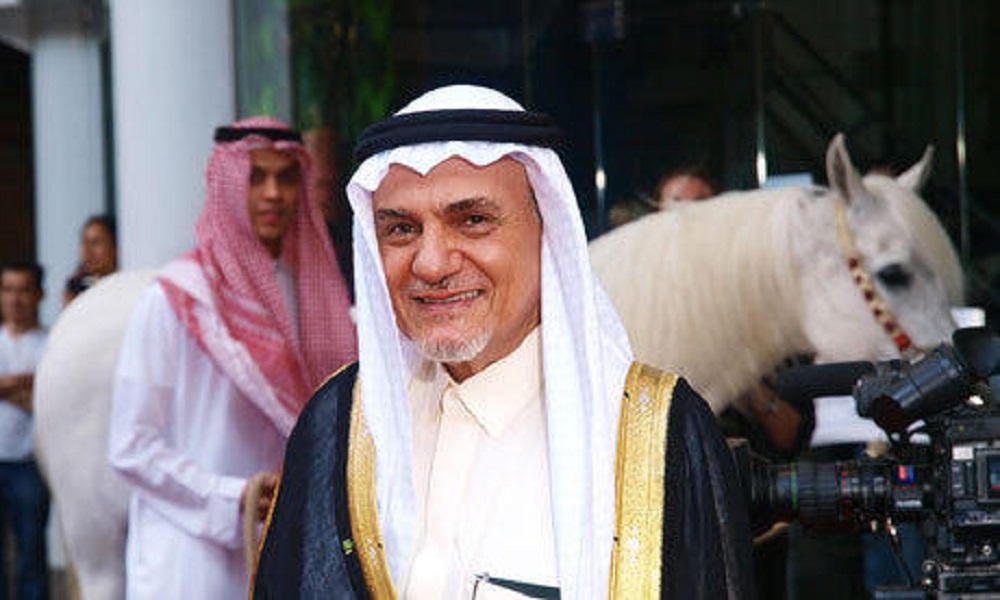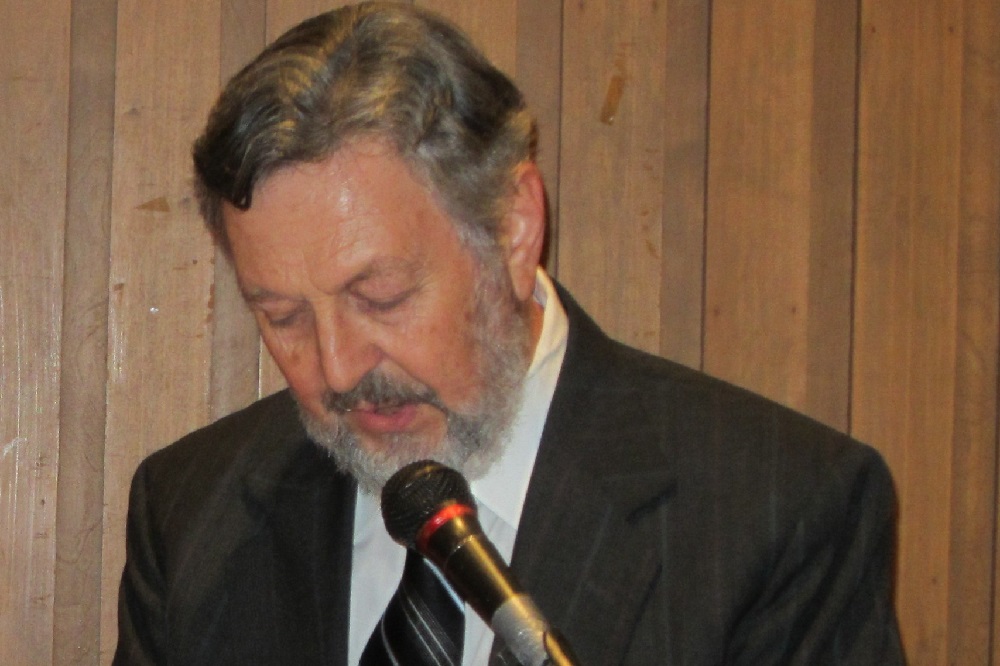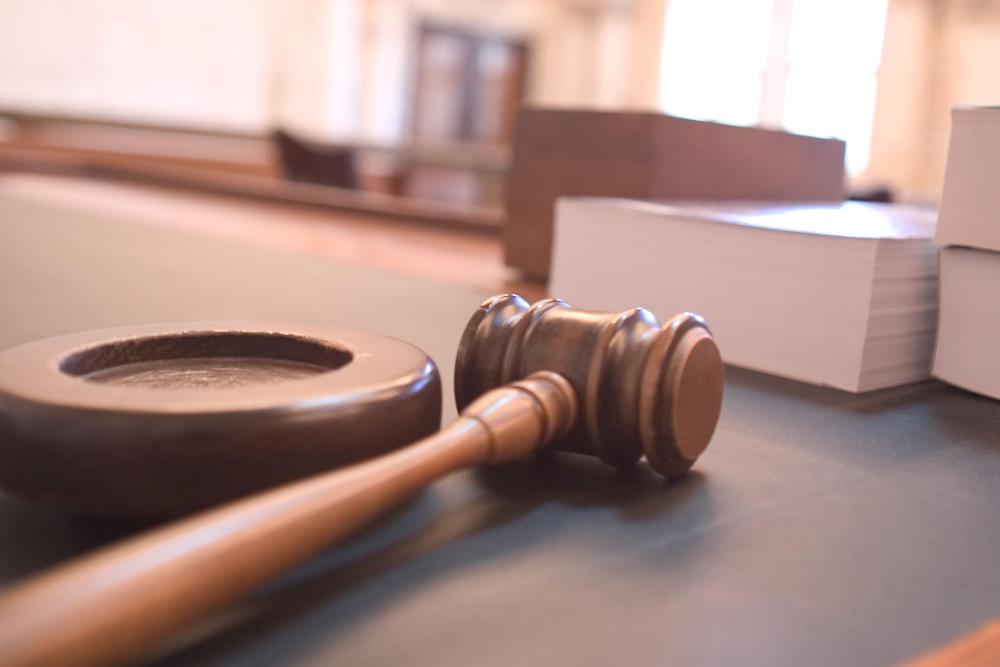The Saudi Betrayal
Even if we were not attempting to prosecute a war against terror, the time would have long since arrived to reconsider our relations with Saudi Arabia. Victor Davis Hanson, in a series of brilliant articles on the subject, leaves little doubt that the time for re-evaluation has come.
Ever wonder why the $10M Saudi public relations ad campaign in North America fizzled, and why American cable TV networks turned down upwards of $400,000 a month in revenues had they run each one of them? It could be because, in the post 9/11 era, we’ve decided to take a closer look at our friends and our enemies.
–break–
By any standard of modern civilization, the Kingdom of Saudi Arabia is a bazarre place. In an age of spreading consensual government, the House of Saud resembles an Ottoman sultanate staffed by some 7,000 privileged royal cousins; where governmental positions are filled through a mixture of blood ties, intrigue and bribes.
Yet, the cultural and religious differences that divide our two societies would not have mattered a great deal to us had 15 of the 19 World Trade Center terrorists not turned out to be Saudi nationals.
Up until 9/11, radical Wahhabi Islamic terrorists were seen as vicious wasps deserving of an occasional swat. After 9/11, however, we came to see militant Islam not merely as a different religion, or even as a radical cult, but as a threat to our very existence. At that point, we began scratching the surface of Saudi society to find out what was going on. What we found was that Saudi Arabia was definitely not Holland with sand dunes. We discovered that the proportion of Saudis in al-Qaeda was overwhelming and that Riyadh was in denial. And that really disturbed us. We then uncovered documents at the Sarajevo office of the Saudi High Commission for Relief showing pre-and-post attack photos of the World Trade Center, the USS Cole and American embassies in Kenya and Tanzania; maps of Federal buildings in Washington; materials for forging State Department badges; and a computer program on how to spread pesticides with crop dusters.
Then things really began to unfold.
We began to see Saudi Arabia as the placenta of this frightening phenomenon. Its money has financed worldwide terror; its native terrorists promoted it; and its own unhappy citizenry were either amused by or indifferent to its effects upon the world. After doing a quick tabulation, we realized that Saudi terrorists have killed more Americans than all those murdered by Iranians, Syrians, Iraqis and Libyans combined.
Part of the reason has to do with the fact that, in Saudi Arabia, all political issues are religious issues. The core of the regime is an alliance between a modernizing, but corrupt, theocracy led by the al-Saud family, and the ultraconservative Wahhabi fundamentalist Islamic establishment which provides the al-Sauds with legitimacy. The Wahhabis represent the most radical, mostly illiterate and most impoverished southern clans and, coincidentally, the center of popular support for al-Qaeda. Four of the 15 Saudi nationals all had one thing in common – they all came from the impoverished southern clans – the lands where Wahhabi Islamic fundamentalism rules.
As we dug deeper, we found a worldwide attempt by Saudi Arabia to use virulent Wahhabi Islam to build a bridge back to the 8th century.
We discovered a society that was active on virtually every level of the terror chain, from planners to financiers, from cadre to foot-soldier, from ideologist to cheerleader; a society that showed absolutely no desire to cooperate in the 9/11 investigation including the freezing of assets of organizations that funded terrorism, or in assisting in the world-wide crackdown on the al-Qaeda network (including blocking background checks on Saudi terror suspects, refusing to give the U.S. Customs Service the names of American-bound passengers in Saudi Arabia Airlines, denial of the use of U.S.-constructed Saudi airbases in the event of a confrontation with Iraq, and refusal to turn over al-Qaeda terrorists to American jurisdiction); a society whose lack of religious tolerance and political freedom created an environment where social frustrations tended to be expressed in terms of political extremism; whose Wahhabi-based fundamentalist religious institutions and international charities appeared to be funding Wahhabi Islamic extremism and terrorism around the world; where religious intolerance towards the rights of non-Muslims contrasted sharply with Wahhabi proselytizing in America through Saudi academies, the construction of mosques and Islamic Centers along the Eastern and Western seaboards, and nine Islamic Research Institutes throughout America; where Saudi poets and preachers deified suicide bombers as “martyrs”, paid millions to the families of suicide bombers, and to the organizations that recruited and trained their children; that funded Islamic Wahhabi mosques and religious schools in Pakistani madrassas and around the world; that thought nothing of publishing virulently anti-Semitic diatribes on the front pages of its government-controlled newspapers; a regime that remains today as careful in monitoring news accounts as its informers are in observing classrooms, or its Wahhabi clerics are in scrutinizing cultural events for the presence of women; that justifies floggings and amputations as punishments that “have been an integral part of Islamic law for 1,400 years and cannot be changed”; that includes elements of the Saudi clergy and educational system being used to recruit thousands of Saudis for extremist groups abroad; where women (fully one-half of the Saudi population) are routinely and legally segregated in schools, public transportation, workplaces, restaurants, and even denied their right to travel without male permission or to drive a motor vehicle, and are required to obtain the permission of a male relative before they can have surgery, go to college, seek a job, accept a marriage proposal, buy a mobile phone, or go to court – even when accused of murder; and a regime that tramples on freedom of speech, assembly, religion, and the press.
Before 9/11, none of this really mattered because it didn’t affect our lives directly, although the African embassy bombings and the first attempt at bringing down the World trade Center gave us cause for concern. After 9/11, and the vaporization of 3,000 innocent people, however, it mattered a great deal.
Today, Saudi Arabia symbolizes the stagnation and corruption of modern Arab society. The Kingdom’s accidental boon of oil revenues was not invested broadly in viable industries, secular education or political reform (as it should have been), but was lavished on ill-conceived projects and a royal elite who consumed too much of it on luxury cars, houses, clothes, jewels, gambling and trips abroad – sins against both Islam and Western laws of economic development.
Almost every item deemed important to the modernization of the kingdom – from drilling bits and heavy machinery to the phone system and power grid – is shipped in. The expertise to use, repair and improve such crucial equipment rests either with foreigners or with the few thousands Saudis trained abroad.
The Saudi royals today are an increasingly troubled bunch. They are understandably exasperated that they have failed to earn the needed capital by developing non-petroleum industries, and that their citizenry lacks either the practical skills to create thriving commercial enterprises or the individual drive or initiative to build commercial businesses from the ground up. They are even more concerned that their imported gadgets have brought with them Western ideas (as though air conditioners and neurosurgeons can be pumped out of the desert as freely as oil).
Muslim scholars speak derisively about the primitive Wahhabi apostasy, and the need to modernize, but they rarely do so in public because most mosques around the world are impoverished and depend upon Saudi subsidies for their operation. This has resulted in a foothold for proselytizing and radicalizing the Muslim youth through religious education in the form of militant Wahhabism.
Saudi Arabia has about five more years before its population boom, declining oil revenues, declining per capita income, need for educational reform to create skilled workers and to attract foreign investors, excessive defense spending, and the influx of satellite television and the Internet combine to explode the Saudi system.
Today, with the oil boom over, the Saudi economy can no longer afford the welfare net that once guaranteed every Saudi a government job. Since 1980, Saudi Arabia’s population has exploded from 7 million to 19 million thanks to one of the highest birth rates in the world and absolutely no family planning. A middle class barely exists. The once vast reserves of Saudi wealth have declined drastically, and per capita oil income has dropped from $19,000 (1980) to $7,300 today.
Sixty (60%) percent of the Saudi population is under 18 years of age. Thirty (30%) percent of Saudis remain unschooled, and nearly as many are barely literate.
And there are fewer and fewer jobs available for this vast younger population; unemployment is officially estimated at 18 percent, and there are twice as many new job-seekers each year as there are new jobs.
With less money trickling down to sustain extended families or bloated government offices, millions of Saudis are now unemployed, underemployed or taking jobs that they would never have taken previously.
Saudi Arabia will be able to avoid disaster only if it can reform its schools by revamping the overcrowded Saudi universities which, right now, churn out endless graduates in Islamic Studies (often taught by rote) or the liberal arts, but too few with the technical skills that a modern economy demands. It also means revamping the Saudi legal system to attract foreign investors to create new and better jobs. That means real transparency, the rule of law, independent courts and anti-corruption measures.
The Saudi leadership, under Crown Prince Abdullah, has given its young people no outlet to express their frustration other than religion – or more specifically – Wahhabi religious fanaticism. By avoiding the disruption that modernization would necessarily involve, the Saudis are steadily increasing the pool of unemployed and angry young men who populate the cafes of Cairo and the mosques of Riyadh.
Although attempts are being made to lower the economic barriers separating Saudi Arabia from the outside world such as liberating rules governing foreign investment, privatizing some large state-owned companies and signing some preliminary agreements with foreign investors to exploit the kingdom’s vast gas reserves, no action has been taken either to undertake the far-reaching reforms of the legal system, or to raise the pressure for more secular education and technical training, or to increase Saudi exposure to global economic and cultural forces, or to change the domestic political and religious system that has become a threat not only to the Saudi regime, but to the entire free world.
The Saudis are running out of time and the world has also changed. Historically, we had an “understanding” with them – we needed their oil and they needed our protection. But even that equation is changing. Now, they need our protection more than we need their oil. If Saudi Arabia pumps less oil, there will be shocks and disruptions, but eager new oil-producing countries like Russia (or untapped regions like West Africa, South America, the Arctic and the ocean depths) would soon fill the void. If the Saudis export more, then the price of oil may collapse altogether. And because new, non-petroleum-based technologies are on the horizon, both to produce electricity and to power transportation, not to mention the increased efficiency promised by the new hybrid engines, most oil exporting countries now worry about getting what oil they have out of the ground, rather than watch it sit untapped and decline in value over the next 20 years.
To recapitulate, all the old reasons that prevented us from re-evaluating our relationship with Saudi Arabia are no longer compelling. As each day passes, Saudi oil policy is neither pro-Western nor so crucial as it once was in determining world oil pricing. The present government has been an active abettor of terror, and perhaps the most virulently anti-Israel Arab country in the region. Al Qaeda and other terrorists have received bribe money from the Saudis without which they could not operate as effectively. The fact that the monarchy has not been forthcoming in tracking those with ties to the September 11th murders reflects its real worry about where such investigations might lead. And Saudi cash has been a force for radicalism right here in the United States, casting into doubt the legitimacy and purpose of almost every Islamic charity now operating in America. Nor should we forget that no country in the world is more hostile to the American ideals of religious tolerance, free speech, constitutional government and sexual equality.
There may be little that the U.S. can do in the short term to bring about meaningful political change in these and other states that are supplying the foot soldiers of terrorism – though it must certainly try. But by pressing hard for economic liberalization, it may be able to achieve some of the same results.
If there is real opportunity for economic advancement in the Arab world, terrorists will find fewer recruits and they will have fewer places to hide. If the Saudis make no effort to modernize, then America would be right to conclude that they have made their choice, and that they are not with us in the war on terror.



